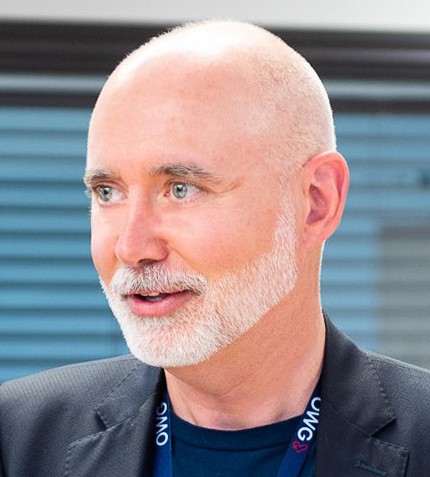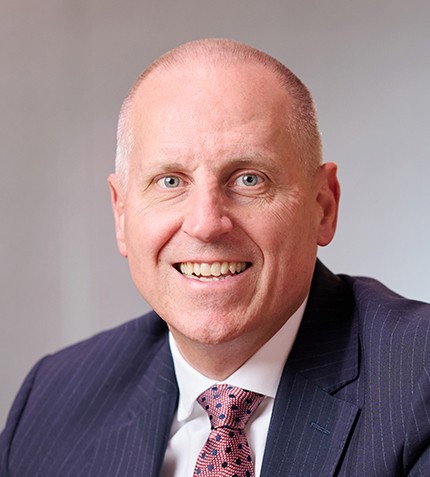
"As several carriers have been acquired by hedge funds or large corporations, Nolinor remains one of the few independent operators in northern Canada."
RELATED PUBLICATION
Marco Prud’homme
PRESIDENT, NOLINOR AVIATION
How has the last year been for Nolinor Aviation?
It was a strong, fast-paced year for Nolinor. In June 2024, we signed a new contract for the B2Gold mine, and have since increased our service from four to five flights per week. At our Edmonton facility, we expanded our operations in April 2025 by acquiring the fixed-base operator and hangar space formerly owned by North Cariboo Air. We have also placed an order for several Natilus Kona cargo aircraft, scheduled to enter production within the next three to five years.
How does the expansion of Nolinor’s Edmonton operation advance its strategy?
The expansion of our operations in Edmonton provides key strategic advantages. Serving as a gateway to northern destinations, it enables more efficient routing to remote mine sites by eliminating the need for a pit stop in Yellowknife. As a major transportation hub with greater air traffic than Yellowknife, Edmonton also offers access to skilled mining labour from both eastern and western regions. This development strengthens the company’s presence in western Canada and supports growth beyond our base in Mirabel. It adds a third heavy maintenance line – our first outside Québec – which will increase our operational capacity, which could allow us to add additional contracts with mining clients. The move has also resulted in job creation, with 15 new staff hired in Edmonton.
What more can you tell us about the Natilus Kona?
The Kona is a relatively small aircraft, capable of landing on shorter runways than the 737-200, which could open new markets for us. It offers improved fuel efficiency, longer range, and greater autonomy.
How is Nolinor’s fleet of Boeing 737-200 aircraft being updated?
For years, our 737-200s, and those of other carriers, operated under an AMOC waiver from Transport Canada for combined passenger and cargo service. Following an unexpected rule change with a June 2025 deadline, we engaged an engineering firm to design a compliant system, including new fire containment covers. This also allowed us to further enhance our safety and efficiency standards.
The 737-200 continues to be well suited to our operations, and we plan to keep it in service for years to come.
What is the current state of electrification in aviation?
The electrification of aircraft is a widely discussed topic. However, the significant weight of batteries presents a major challenge for aviation. From an efficiency standpoint, if a large share of an aircraft’s payload is dedicated to carrying batteries, the solution becomes unviable. Ground time is another issue – airlines aim for turnaround times of 30 minutes or less, yet current technology does not allow for battery recharging within that window. While I am hopeful for future advances, I do not foresee this becoming feasible within the next 20 years.
How does Nolinor’s pilot training program add value to its operations?
Nolinor is approaching the milestone of C$1 million invested in our Become a Pilot program, through which we have trained more than 25 pilots to date. In the wake of the pandemic, many companies were forced to cancel flights due to pilot shortages. Thanks to this program, we cancelled only one.
We have incorporated a virtual reality cockpit simulator into the training. Pilots complete safety checklists in a fully to-scale virtual model of our cockpits, preparing them thoroughly before training in the full-flight simulator in Miami. This technology saves time and improves familiarity with the cockpit workflow from early in training.
The program attracts young talent to Nolinor, operates at low marginal cost, boosts performance, and supports strong retention – our pilot turnover rate is under 10%. What continues to surprise me is that no one else has implemented a similar approach.
What marks Nolinor out amongst other operators in this space?
The aviation market serving northern destinations has changed significantly. As several carriers have been acquired by hedge funds or large corporations, Nolinor remains one of the few independent operators in northern Canada. This independence offers substantial value – we are free to choose our destinations and set our own pricing. We offer fair rates that reflect the quality, capability, and efficiency of our service. I believe we are entering the golden years of Nolinor Aviation.











